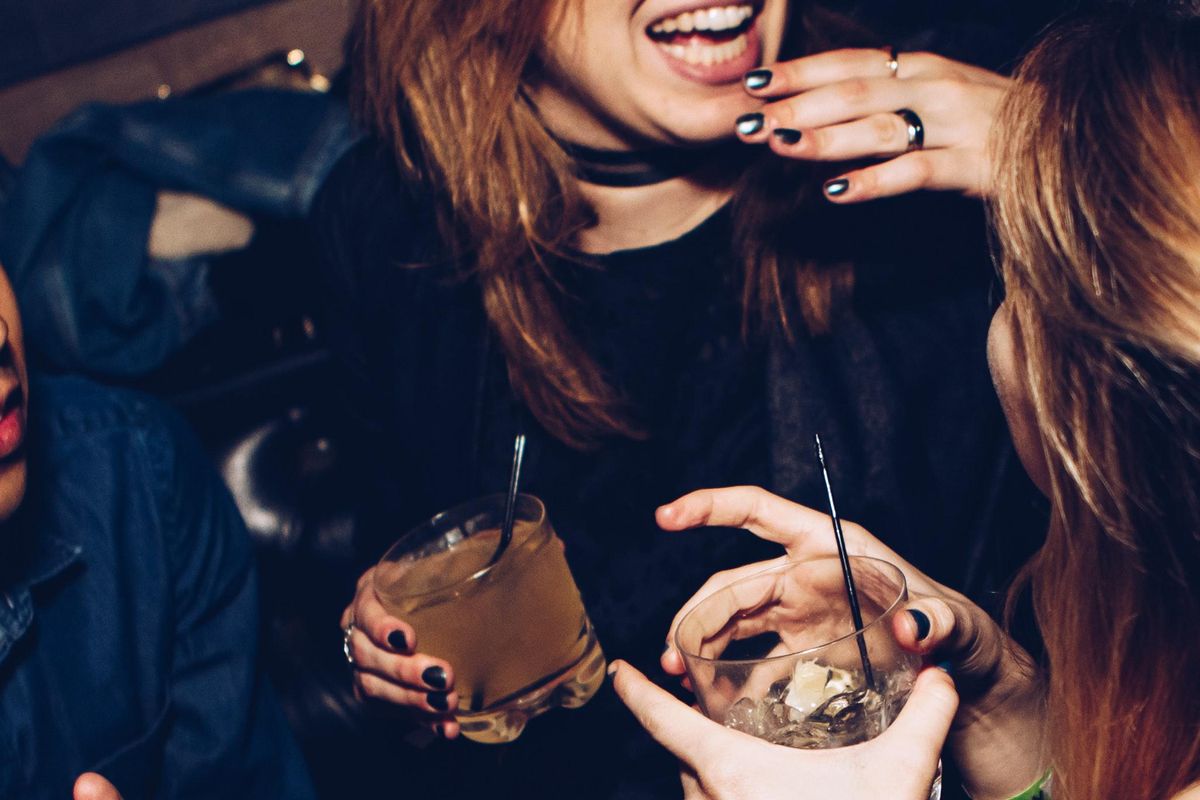The first time I felt 'the fear' and the ugly truth about girlhood
Name-calling and rumours can take a big toll on a young teenager

A house party had long-term consequences
It's somewhat amusing that people get struck by "the fear" the day after a big night out. "The fear" generally refers to a feeling of anxiety over your actions the previous night. What sort of embarrassing things did you do while intoxicated? In other words, "the fear" is really a light-hearted way of discussing anxiety.
Admittedly, I have used the phrase "the fear" plenty of times – laughing at pictures of myself and my friends dancing stupidly or realising I over-shared something silly with someone. But what about the first time I felt "the fear"?
The first time I felt the fear, I was 16-years-old. I had been to a party, my first real party, the night before. It had been for a boy's sixteenth birthday. And rumour had it, this boy liked me. I liked him too, but not in that way. It was just nice to have a male friend. In fact, I found it embarrassing when his friends would make a big deal about us talking, and I was not too fond of the perception that I was now his. However, I felt grateful to be invited to his party and ecstatic that my mother was allowing me to go.
While at this party, I had one shot too many. We shouldn't have been drinking liquor, but there was nothing else available. I didn't stop to think when everyone said I should have that extra Jaeger shot, even though I was already drunk. So, I did. And I blacked out.
The next day I found out I had become terribly sick and picked up by my parents. I was in such bad condition they were worried I had been drugged. The shame and disgust I felt pushed me to leave home that year. I ended up going to boarding school in another country after that. Of course, I was lucky and privileged enough to make that escape. But the lingering feeling of disgust and shame exists to this day.
A couple of months after I started this boarding school, I got a call from a friend I wasn't particularly close to and was told that the boy whose birthday party it had been (the boy who liked me) had told everyone I had given (or offered) him oral sex. I laughed and brushed this off as ludicrous since I had blacked out and had no memory of doing such a thing.
But, truthfully, this event has become impossible to escape. Did I do it? Did I want to do it? Was I already passed out?
Not to toot my own horn, but I was relatively confident and academically bright as a teenager. The kind of teenager that might get mistaken for older than they are, who definitely acts mature beyond their years, and who seems more than able to handle their own affairs.
For example, it never crossed my mind that calling me a "feminazi" could constitute bullying. On a more general level, I hated the term because of its clearly offensive use of the word "nazi," but I didn't stop to think about the impact that name-calling might have on me as a person in the long term. Truthfully, name-calling is always relatively harmless, but all these micro-aggressions can take a bigger toll on a young teenager.
Now at 22, I realise how naïve I was at 16. I still am naïve about so much; so, in what world would a 16-year-old be able to handle these kinds of things on their own. Caught between being a woman and a girl. With the body and tenacity of a woman but the innocence and experiences of a girl.
The most perplexing of facts is that I still can't excuse my 16-year-old self for her mistakes. I blame her, and I am ashamed of her. I am ashamed of even spending time thinking about her, labelling it as some sort of self-indulgence. How can we be expected to help change other people's attitudes when I can't even change the attitude I have towards myself?
I will never know what happened that night, and maybe I'm lucky I won't. I hope sharing this helps that sixteen-year-old girl. And anyone who has experienced something similar that stumbles across this knows they aren't alone – some will listen and support you and your voice.


